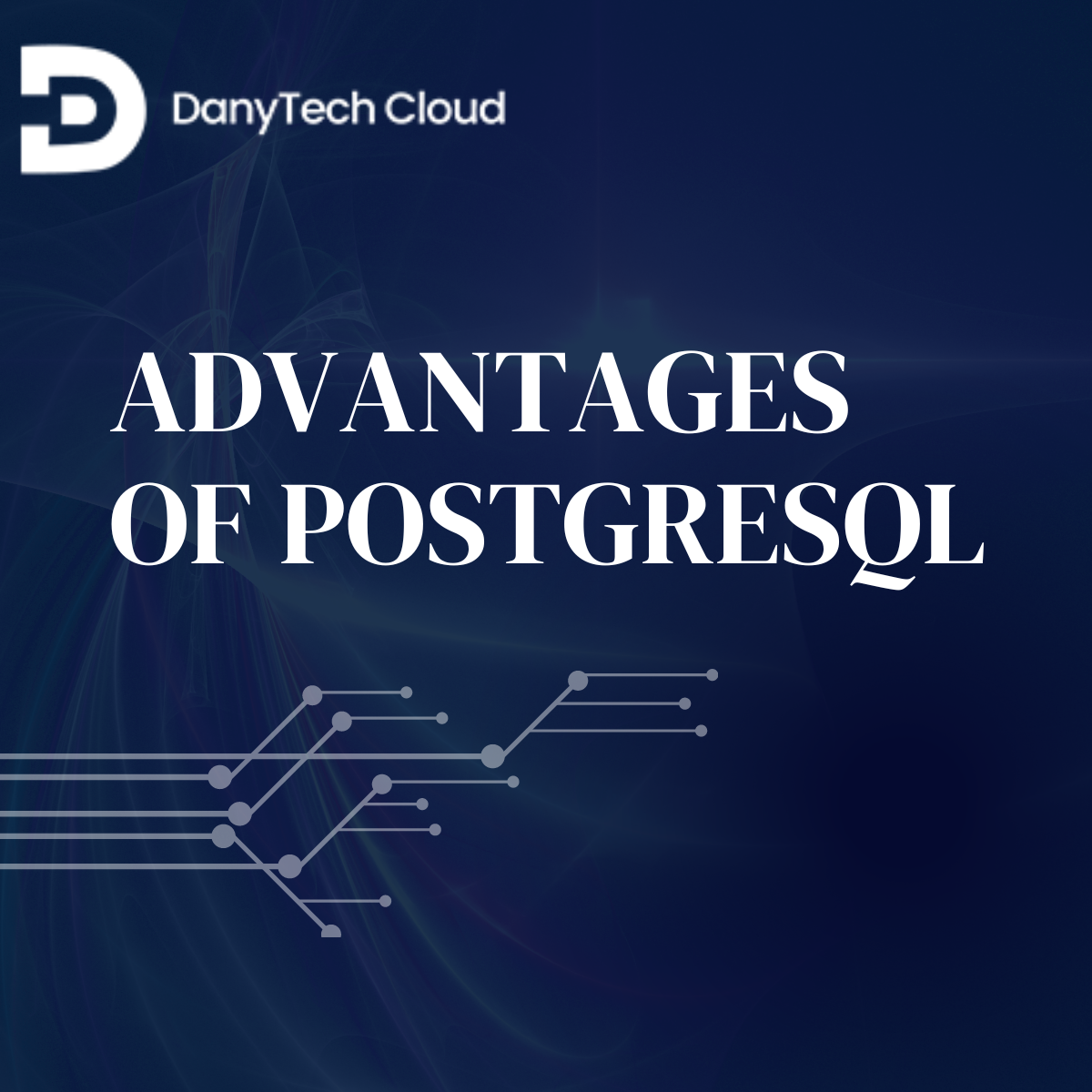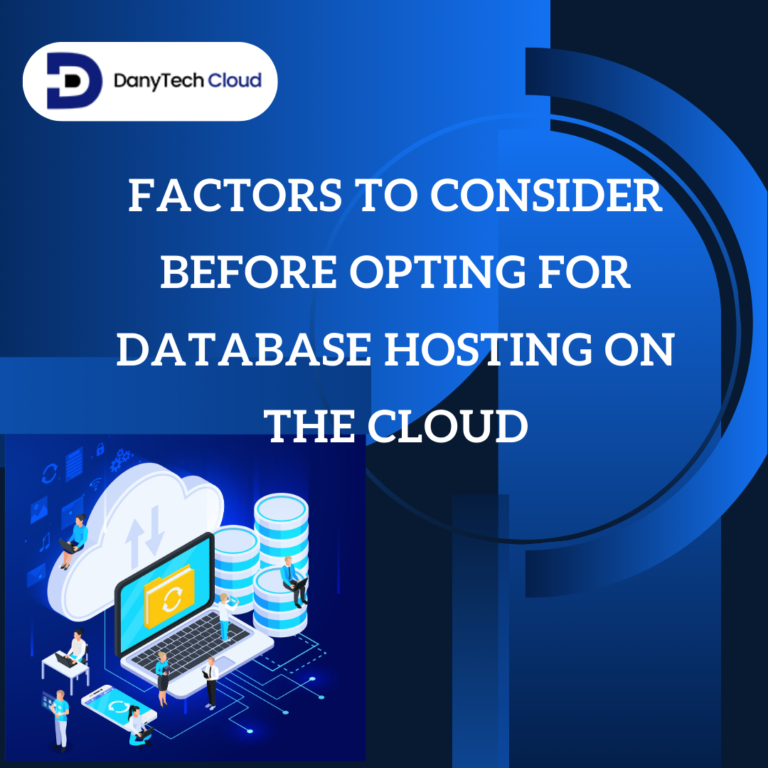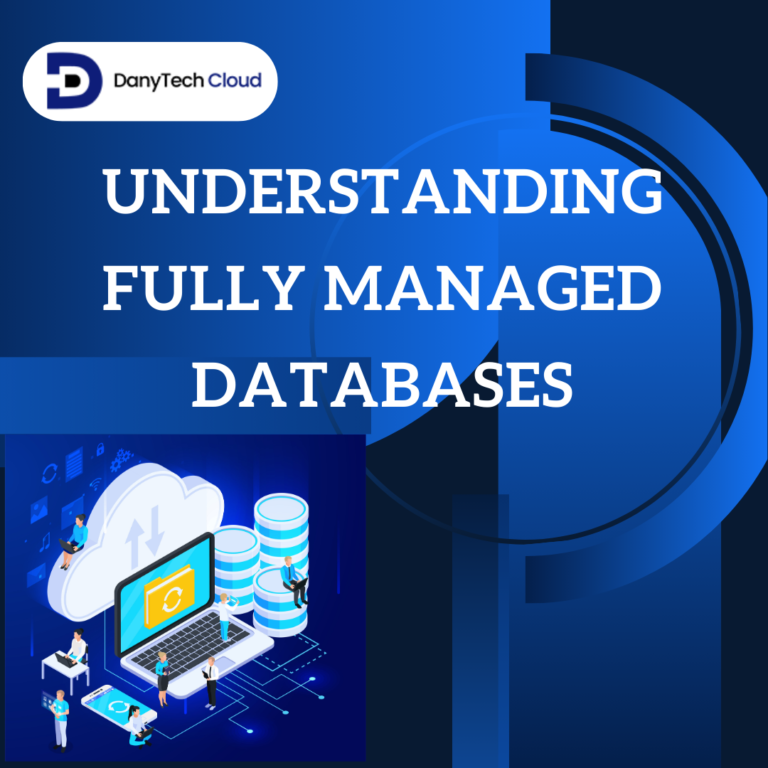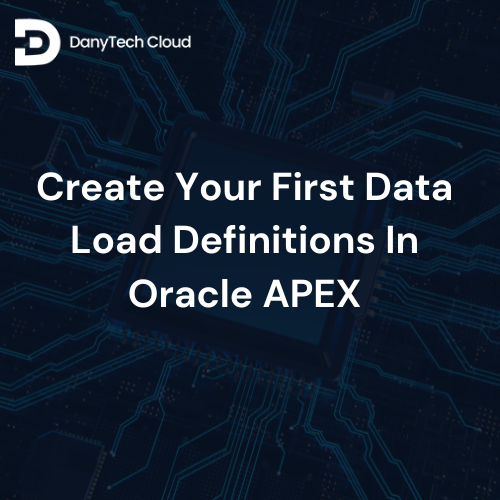First, Let us tell you what PostgreSQL is. PostgreSQL is a robust, open-source, object-relational database management system. It is one of the most widely used database systems. According to a Statista report, it is fourth in terms of demand. PostgreSQL extends the SQL language and adds features to deal with complex data operations and storage efficiently. Any company or entity does not control it, as it is open-source. It has more than 52,000 commits, which has enhanced its stability and features since its inception! You can guess how actively the PostgreSQL community contributes to its growth from this number of commits. With all of these fantastic features, there are many advantages of using PostgreSQL. In this article, we are going to discuss the advantages of PostgreSQL.
Benefits of PostgreSQL
Based on the PostgreSQL advantages and amazing feature list, community support, and exceptional performance, it is not surprising that PostgreSQL is considered the favorite choice by most organizations globally. Out of the dozens of benefits it has to offer, the following are the key PostgreSQL database advantages worth mentioning:
Transactions
Consider how many additional codes you must write for error handling if you do not have transactions. Also, if you have to write that error handling every time you write a program, you end up with a client-side library and possibly need transaction labels. However, you will not need to bother if you have a database that offers transactions. PostgreSQL offers you transactional DDL. It is not only your INSERT, UPDATE, or DELETE for the transaction, but it is things like creating a table, auto table, drop table, etc.
For instance, if you change a table, that will immediately commit that transaction. It matters when you have a complicated relational application. Also, it is very typical to make changes to your application simultaneously when changing the underlying database schema. Plus, if you need to implement that to app changes, it will make all the changes to your app within a single transaction. It is one of the advantages of PostgreSQL over other databases.
Free and Open-Source License
Out of PostgreSQL’s advantages and disadvantages, here is one of the prominent advantage of it. PostgreSQL is released under the PostgreSQL License. It is a liberal Open-Source license similar to the BSD or MIT licenses. It means its source code is accessible and allows users to use, share, modify, and implement as per the demands of their data projects. There are no contract problems or license fees of any kind.
Reliable – Community-Driven
For more than 25 years, PostgreSQL has undergone feature enhancements, improvements, and innovation with the support of its community, which includes both organizations and individuals. The dedicated PostgreSQL community regularly fixes bugs and increases overall performance, continuously improving the database system’s efficiency. These are why, if you measure the advantages and disadvantages of PostgreSQL database, the advantages will always be heavier.
Extensibility
One of the advantages of the PostgresSQL database is that it is highly extensible. This means we can extend the database, but it’s not fixed. Therefore, if you require an additional feature in Postgres, you can add it yourself, which is difficult with other databases. Extensibility is a whole set of different elements of Postgres. That lets you create data types, functions, languages, and all sorts of different changes. You can install them into your database server by creating an extension that does everything for you.
Code comments
One of the PostgreSQL advantages over MySQL is, that PostgreSQL provides you with code comments. Code comments help you see what a specific code does or does not do before you lock it for the app. This means that you can understand the design and follow the engineering procedure. It gives us the quality, security, and ability to grow the community. This is because more people can get involved and see what is happening in the code. Hence, this idea of code comment leads to a functional open-source community instead of just a dead piece of code on GitHub. It is also the Difference Between PostgreSQL vs MySQL.
Security Feature
Postgres itself has qualities that are related to security. Plus, it also has extensions you can use to increase security. PostgreSQL has some international recognition for its ability to give security to you. It offers parameter security and app security. Regarding parameter security, if you need to lock down your database system, it offers configurations at the OS level, which you can configure to lock down your database. Regarding application security, it gives users privileges by separating the accounts into read-only, read/write, or other actions that depend upon the category. Among the PostgreSQL pros and cons, the pros always overshadow the cons of PostgreSQL due to its features.
Parameters
The objective of the parameters is to have an intelligent setting. Also, if you have to change it, you can look at the manual. Then, work out what it is and change the parameter. Postgres benefits from many adaptable parameters. In plenty of database systems, you set environmental parameters. However, you set them at the full database level. It does not matter how many parameters there are. What matters is being able to change it when you need to.For example, there are many cases where PostgresSQL itself has internal parameters. Yet, we adjust those parameters per the measurements of how we use them in the system.
For example, the amount of memory you want to provide the server. As an outcome, we have a piece of data calculated inside the database system. Another thing about the parameters is that you set them in a range of locations. For instance, you can set them for a session, and you can even set them for a function and transaction. There are different pros and cons of PostgreSQL. We have only discussed what the advantages of PostgreSQL. Suppose you want a PostgreSQL Dedicated Hosting Service. You can contact our team, as they are one of the best hosting service providers.
FAQ's
Following are some of the benefits of PostgreSQL:
- ACID compliance
- Geospatial features
- Extensibility
- Efficient query processing
- Object-relational capabilities
- Replication support
- Seamless integration
Following are a few pros and cons of PostgreSQL:
Pros:
Highly extensible to add languages, data types, and more.
Support for unstructured data types
Cons:
Slower performance as compared to other databases
A stronger focus on compatibility and speed improvements needs extra work.
PostgreSQL is perfect for applications requiring detailed analytics, high data integrity, and real-time processing.
Conclusion
PostgreSQL advantages stability is one of the reasons why many organizations prefer it. It is a flexible and reliable database management system. It offers a broad range of features. Its ACID compliance, geospatial features, extensibility, efficient query processing, object-relational capabilities, replication support, and seamless integration make it a preferred choice for multiple applications. Whether you’re developing enterprise systems, web applications, or data warehousing solutions, PostgreSQL offers the flexibility and reliability you need. Incorporate PostgreSQL into your upcoming project and see its potential firsthand.




